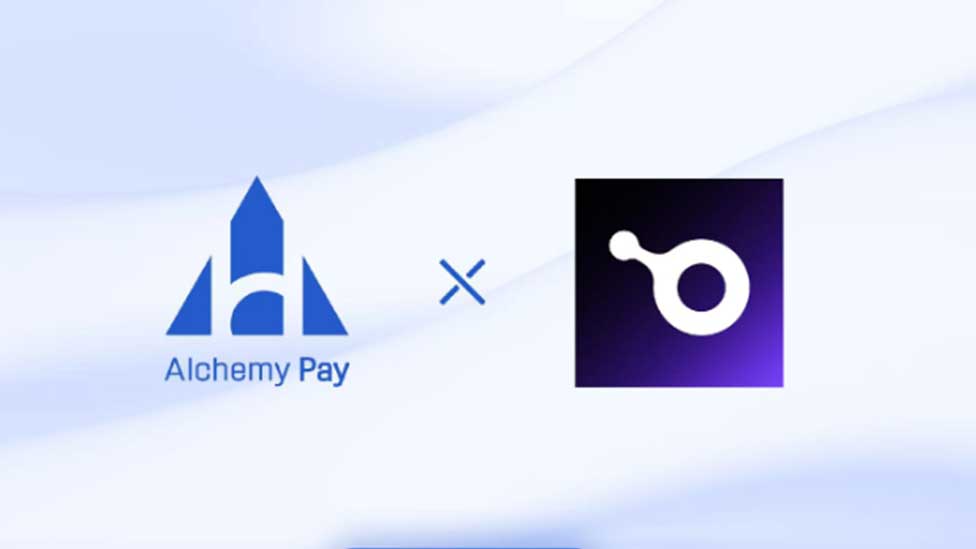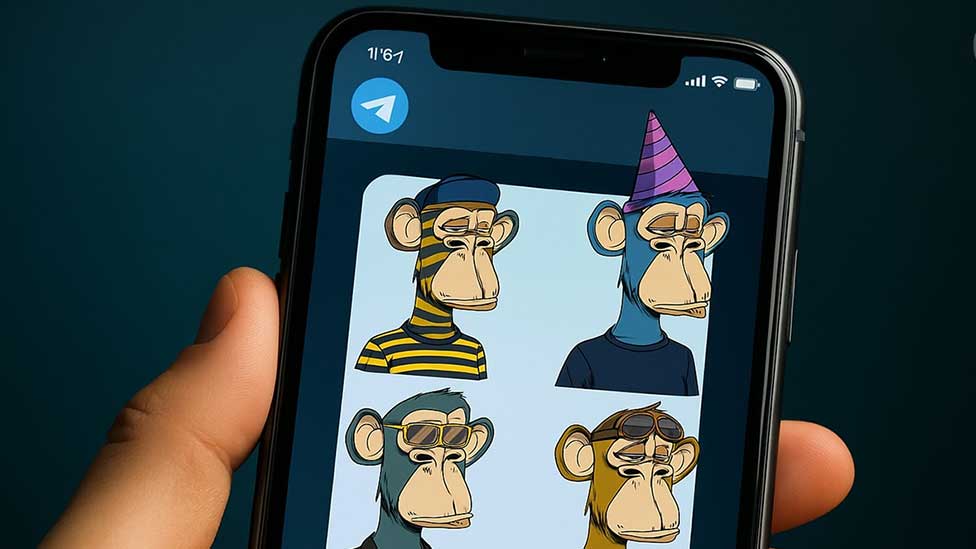Non-Fungible Tokens (NFTs) have changed the tides for social media and changed the way people interact with and watch content from the ground up.
How NFTs have changed the social media scene
Tokenizing Digital Assets
Creators may now tokenize their digital assets with NFTs, transforming one-of-a-kind works of art into marketable, verifiable tokens on blockchain networks. The social media industry stands to benefit greatly from this new development.
An example of how the market has recognized the value of digital content is the $69 million sale of “Everyday: The First 5000 Days,” an NFT artwork by renowned digital artist Beeple, at Christie’s auction.
Ownership and authenticity
To combat copyright piracy and unauthorized use, NFTs leverage blockchain technology to offer proof of ownership and validity.
A decentralized and immutable ledger known as a blockchain verifies the legitimacy and ownership of each NFT by recording its transaction history.
Monetization for creators
NFTs let creators make money from their work without going via normal revenue-sharing mechanisms, so they can keep more of the money.
One example of how creators might earn from their online presence is Jack Dorsey, co-founder of Twitter, who sold his first tweet as an NFT for $2.9 million.
Community Engagement
Social media platforms are implementing NFTs to boost user engagement through the development of exclusive and one-of-a-kind experiences for their communities. To encourage community spirit, several platforms are including NFTs to provide devoted users special badges, virtual items, or even access to paid content.
Tokenized Social Tokens
The idea of social tokens, in which content providers or influencers release their own tokens, is becoming more popular. In the creator’s community, these tokens have multiple uses.
One example of a social token that has the potential to expand beyond the world of traditional art and collectibles is Akon’s AKOIN token. This token was established by the musician and entrepreneur with the goal of creating a crypto-powered city in Senegal.
Decentralized social platform
Users have a greater say over their data and content on decentralized social media sites, which are growing in popularity thanks in part to NFTs. The dynamics of user-generated content are being transformed by blockchain-based social media sites like Minds and Steemit, which offer cryptocurrency rewards to users for their efforts.
Conclusion
NFTs are undeniably reshaping the social media landscape by empowering creators, enhancing user engagement, and revolutionizing the concept of digital ownership. As the NFT space continues to evolve, it will be great to witness the further integration of these tokens into the fabric of our online social interactions.
















